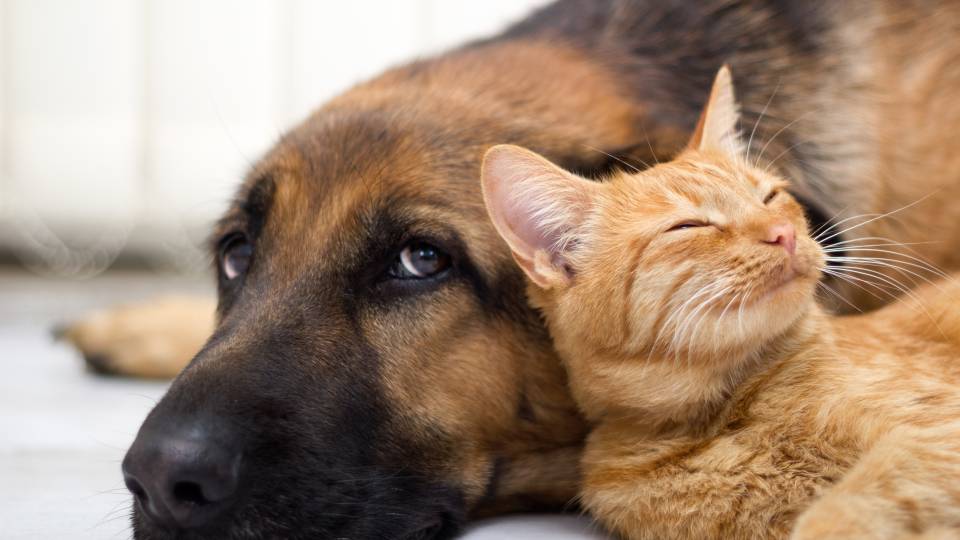Please Read and Act Now!
Dear MFOA Members and Supporters,
If you have followed our legislative agenda the past few years, you have seen that we have been successful - until the bills were vetoed by the Governor. Our online MFOA newsletters and Action Alerts provide the details but suffice it to say that we have been very anxiously awaiting and preparing for a new administration.
We now have the opportunity to be able to pass animal protection legislation again with what appears may be a far better political environment. It is time to get politically active and elect a new Governor and, equally as important, animal-friendly state legislators.
First, learn who the House and Senate candidates are for your state district by contacting your town office or the Bureau of Corporations, Elections & Commissions (207-624-7736). Research the backgrounds of the candidates and try to meet them at local functions and events.
During each election cycle, MFOA sends Legislative Candidate Questionnaires (http://www.mfoa.net/images//mfoalegislativequestionnaire2018.pdf) to those running for state office, to determine who are animal-friendly for possible sponsorship and legislative support, as well as to educate them about the issues we currently view as a high priority. I encourage you to click on the link above to find an excellent synopsis of the issues for your knowledge and to pose as questions for your prospective legislative candidates.
Love animals. Hate Politics. Where does that leave the animals? This is the motto of Maine Friends of Animals, which we repeat and repeat. We have always encouraged our membership to engage the political fray while we charted a pragmatic legislative course.
If you find that one or more of your district candidates are quite animal-friendly, then please consider helping her or his campaign. Volunteering in a political campaign is an invaluable experience. It can be an exciting, intense, short-term sense of group solidarity and a fun way to meet others who share your passion for an issue and/or candidate, while learning how voting blocs, even minority ones, can and do affect election outcomes.
Over the years, many elections - especially with the smaller House districts - have been won by a few dozen votes or less. Electing someone who would sponsor a Pet Shop Puppy Mill bill as opposed to someone who believes in baiting, hounding and trapping of our Maine black bears can make a significant impact on animal welfare.
MFOA is a 501(c)(3) non-profit which restricts our political engagement, but as a previous 501(c)(4), we occasionally got involved in races of particular interest. In 2008, we were presented an occasion to show that an active small voting bloc (animal advocates) can make the difference, and in this case, an important State Senate race. In Senate District 15 (Auburn, New Gloucester, Durham, Poland), animal advocates helped elect a candidate MFOA felt was a strong supporter of animal protection issues, while also defeating her opponent who had consistently voted against animal welfare for over a decade.
MFOA endorsed and actively supported Rep. Deborah Simpson (D), who defeated incumbent Sen. Lois Snowe-Mello (R) in arguably the Senate’s most contested, competitive and party supported legislative race in the state. After over 20,000 votes were cast and a recount taken, Rep. Simpson won the seat by a mere 121 votes. Comparatively, MFOA members made a very marginal contribution in the success of that campaign. But consider that two of our District Coordinators contacted MFOA members in the Senate district who then contacted friends, family and business associates, worked on a phone bank, and I distributed literature at the county’s largest fair. In addition, MFOA placed three very effective political ads in the Lewiston Sun Journal. Is it unreasonable to think that maybe we swayed 121 voters?
So, when one says we cannot take on the vested interests or that singular activism is not going to make a difference, remember this poignant example of how a small voting bloc can change an election result. As we increasingly move animal protection into mainstream thinking, we need animal-friendly legislators to advance the issues of this just cause. Channeling our passion for ending animal suffering and exploitation toward the business of politics can be very uplifting, as it was on election night in 2008 in Senate District 15.
Here are several ways in which you can help elect an animal-friendly legislator, keeping in mind that any amount of time you can volunteer will be appreciated by the candidate.
- Director of Field Operations/Database Coordination
- Volunteer Coordinator
- Assist in planning and scheduling events
- Use of social media platforms to spread the word
- Absentee Ballot Coordinator (more people vote absentee than ever before)
- Webmaster
- Write letters to the editor in local newspapers
- Help fundraising (if not a clean election candidate)
- Voter registration
- Neighborhood canvassing, door-knocking, registering new voters, distributing campaign materials at malls, events, etc.
- Call friends, neighbors or business associates and ask them to vote for our candidate
- Post candidate road signs
- Phone-banking to identify supporters and promote candidate
- Drive for candidate while she or he canvasses neighborhoods
- Help with getting out the vote on Election Day
In addition, be our eyes and ears out in the community. If you see a particular candidate you believe is animal-friendly, please let us know by sending us an email ( info@mfoa.net).
Lastly, MFOA has a very ambitious legislative agenda in 2019. It cannot be achieved without the supportive funding. Your donation will go directly into the resources we need to bring these important pieces of legislation to success. Please use the enclosed remittance envelope or visit
http://www.mfoa.net/membership_donations.html to contribute whatever you can to continue MFOA’s mission of being Maine’s voice for animals.
For the animals,
Robert Fisk, Jr.
President & Director


